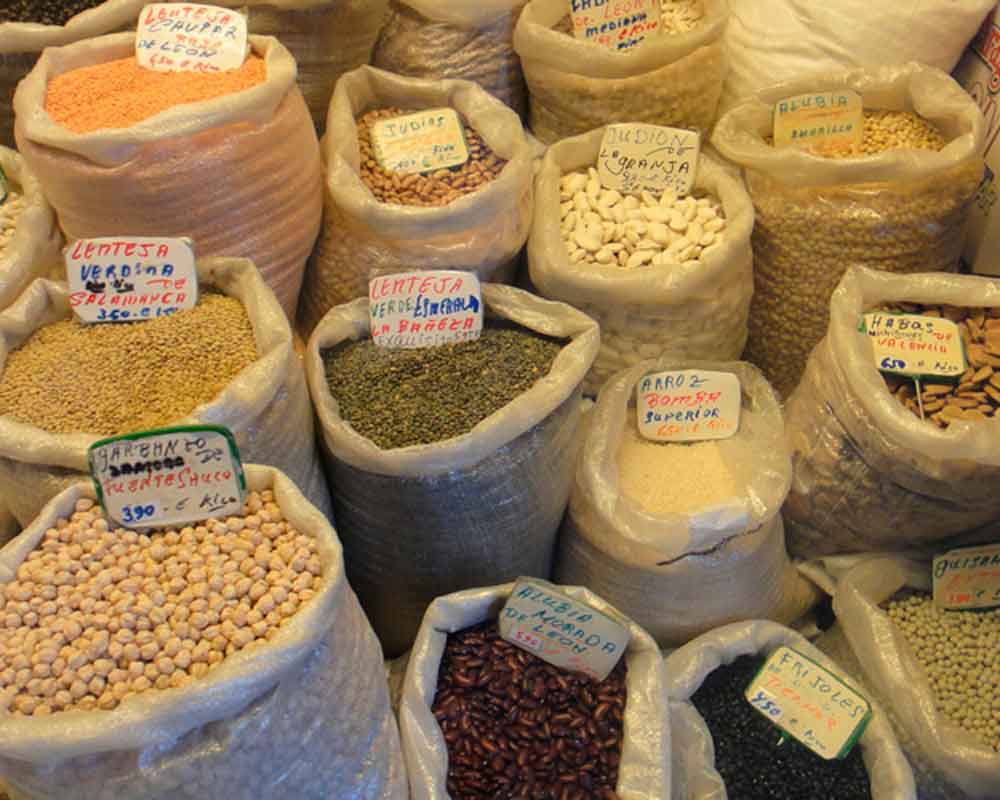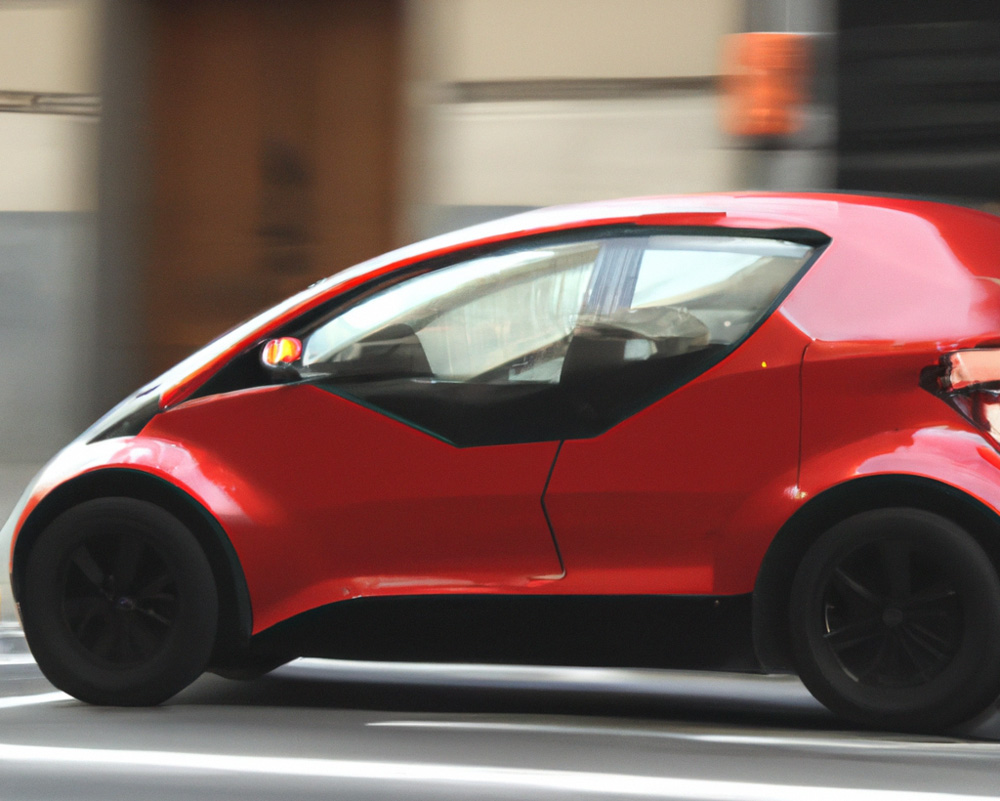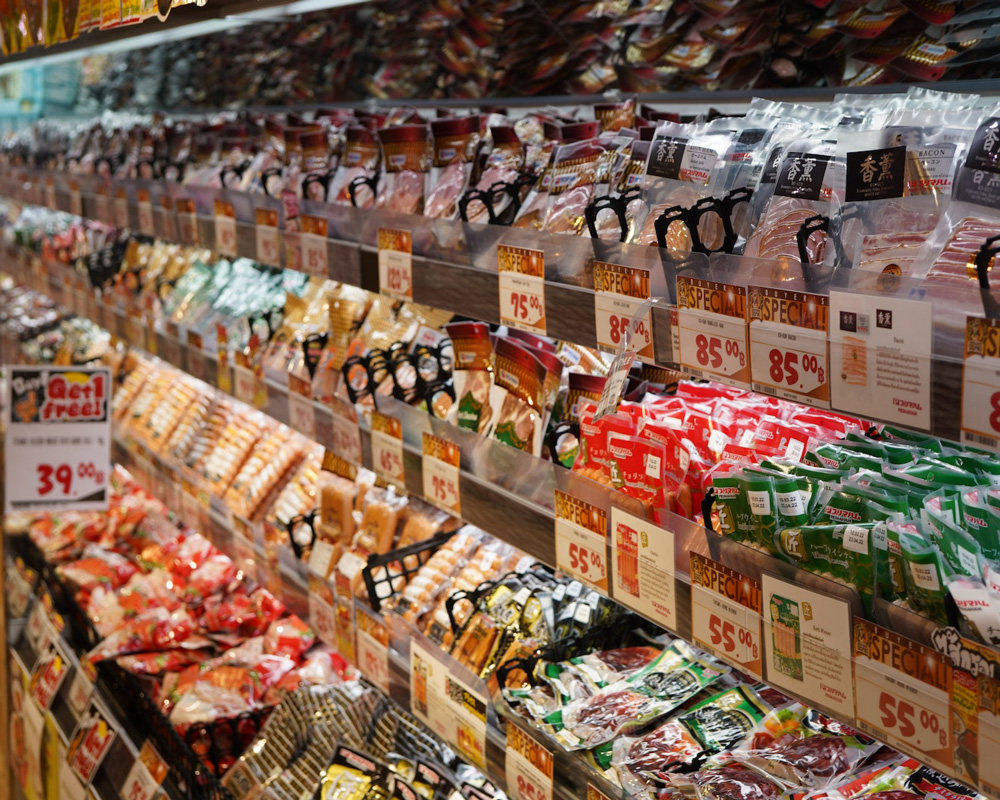Do you ever wonder where does the disposable utensils you get from the restaurant came from and will be ended up in? According to The World Counts, 2.12 billion tonnes of waste were disposed annually (Click to see how much wastes were disposed this year). In fact, 99% of the goods we bought were end up in garbage truck just in six months. Based on these figures, it is not a surprise that we might need 1.67 of Earths to sustain our lifestyle if nothing has changed (Click to see how much resources were extracted this year). Perhaps it is time to reconsider our needs.
Zero waste lifestyle is a trend which more and more people adopted to combat with the above-mentioned issue. The aim of the zero waste is to achieve a resource lifecycle that no trash are sent to landfill or incinerator. By adopting the zero waste lifestyle, consumers are able to save money and built up a healthy lifestyle as they only buy what is needed, improving diet and have taken up walking and biking as the alternatives of transport. Moreover, it can achieve sustainability, improve product’s lifespan, mitigate environmental pollution, combat global warming, reduce the burden of landfill and incinerator and reduce environmental footprint.
The principles of zero waste lifestyle are simple, which are waste prevention, separate collection and reduction of residual waste. For waste prevention, consumer is suggested to purchase only goods which are needed and eliminate the use of one time disposal products, while industrial and firm should produce long lifespan and repairable products using recycled materials together with minimum and recyclable packaging in order to phase out waste. Separate collection is a strategy for categorize different components such as recyclable materials, food waste, and etc. to achieve high resource life cycle and recycle rate. On the other hand, reduction of residual waste is to gradually phasing out non recyclable and reusable waste.
Below are tips for quick starters on zero waste lifestyle!
1. Replace one time disposable products.
Always bring shopping bag for grocery.
Always bring a bottle.
Always bring own dinnerware for take away meal.
Replace tissues and paper towels with handkerchief and dish rag.
Replace disposable straw with reusable straw.
Replace disposable diaper with reusable diaper.
Etc.
2. Find out local zero-waste grocery shop which has no packaging or plastic. Search for local zero-waste grocery shop here.
3. Buy/cook only necessary portion of foods.
4. Shop second hand and set free of your no-longer-used items to those who needed.
5. Say no to unnecessary printing, we are living in a digital era now!
Lim Shuang Ao






Deja tu comentario
Debe iniciar sesión para escribir un comentario.